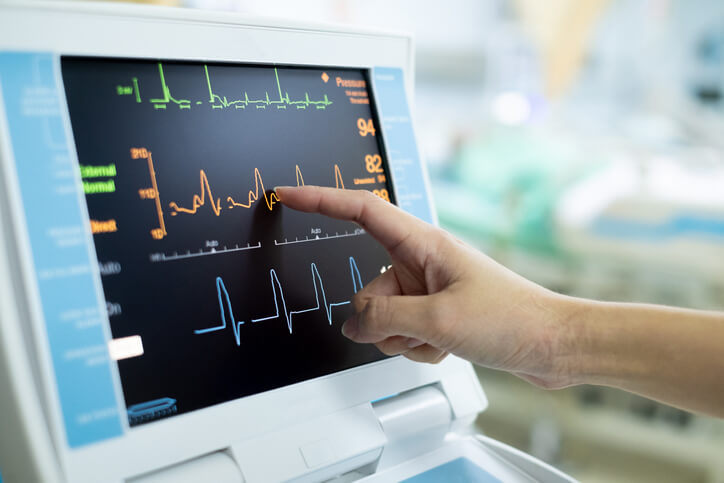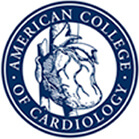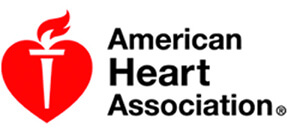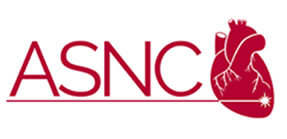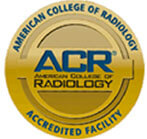What Can an EKG Detect?
- Posted on: Sep 3 2022
One of the most important tools cardiologists use to detect various heart conditions is the electrocardiogram or EKG. An EKG is a scan designed to detect and record your heart’s electrical activity, monitoring its function.
The purpose of the EKG is to measure the beating of your heart, ensuring it is functioning at a healthy rhythm and that the beats are steady and not irregular. By taking these measurements, an EKG can help detect many potential health concerns.
Arrhythmia
An arrhythmia is a problem with the beating of the heart. While the heart should beat steadily, someone with arrhythmia will have electrical impulses that misfire, creating an unsteady heartbeat. It could be too slow, too fast, or irregular.
The sinus node, located in the upper right-hand chamber of the heart, is what controls the electrical impulses that create a steady heartbeat. If the process is not smooth, the EKG will pick up on it.
Although not all arrhythmias are dangerous, an EKG can help determine the underlying cause and how to proceed with treating it.
Coronary Artery Disease
Someone with coronary artery disease has blockages or a narrowing in the blood vessels that transport blood to the heart.
A normal EKG will show a consistent pattern across the different waves of electrical activity, displaying no flattening, sharp spikes, or depressions. The EKG for someone with coronary artery disease can display dips in the T waves, which show the electrical reset the heart performs before each of its cardiac cycles.
The EKG can also detect abnormal depressions or elevations in the ST segment, which shows the end of the contraction of the heart’s ventricles.
The EKG can help see what stage of coronary artery disease a person has. A stable coronary artery disease will not change the heart’s rhythm significantly, but the EKG can still pick up on subtle changes. Affected waves are even more detectable in someone with acute coronary syndrome.
Heart Attacks
For most people, a heart attack can cause severe symptoms, but for almost 45% of cases, the signs are mild enough that they may not notice what has happened. These are called “silent” heart attacks.
An EKG can spot them, however. A previous heart attack will show up as abnormal electrical patterns because damaged heart tissue disrupts the normal flow of energy throughout the organ. The EKG can also detect abnormal blood flow through the coronary arteries. Your doctor may order an EKG if you are experiencing:
- Chest pain
- Dizziness
- Rapid pulse
- Palpitations
- Shortness of breath
- Weakness
- Fatigue
Your doctor will likely combine the EKG with other diagnostic techniques, like imaging and blood tests.
Enlarged Heart
A normal heart is the size of a fist, but there are medical conditions that can cause an enlarged heart, also called cardiomegaly. High blood pressure, heart failure, and viral infections of the heart muscles can all cause an enlarged heart.
An EKG will detect the cardiomegaly in the abnormally large waves it registers.
Heart Oxygen Levels
Your heart needs a steady supply of oxygen to function correctly. If you have blockages in your blood vessels, the heart can experience ischemia. Ischemia is when the cardiac tissue does not get enough oxygen.
A heart that is ischemic for too long can suffer muscle death. An EKG can help doctors see how much oxygen your heart is getting and help treat any damage it has sustained.
Keep Your Heart Healthy
If you have experienced symptoms of arrhythmia or coronary artery disease, or if you have concerns about your heart’s health, turning to cardiologists like us is important.
At Cardiovascular Wellness, we serve patients throughout Hicksville and Lake Success, NY. We use EKGs and a variety of other diagnostic techniques to provide the care your heart needs. Reach out to our team today.
Posted in: Heart Disease

